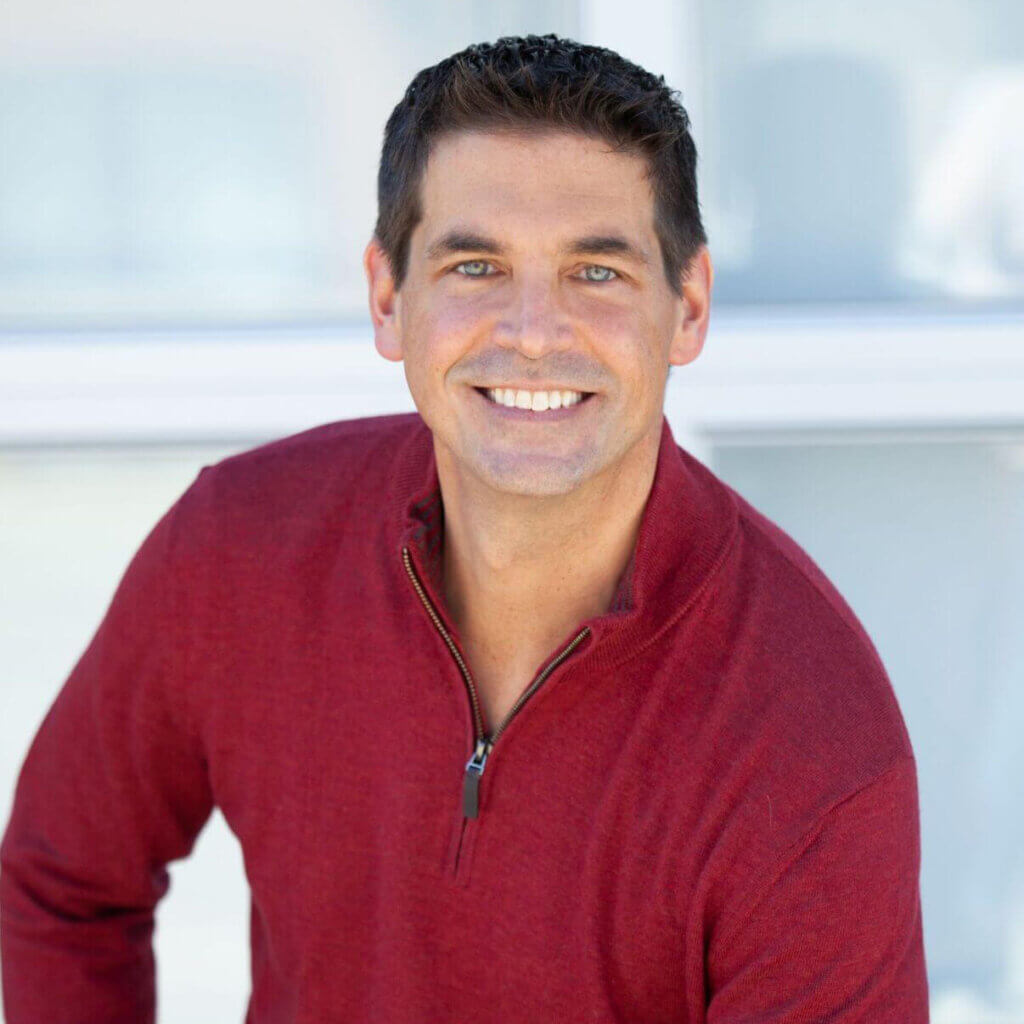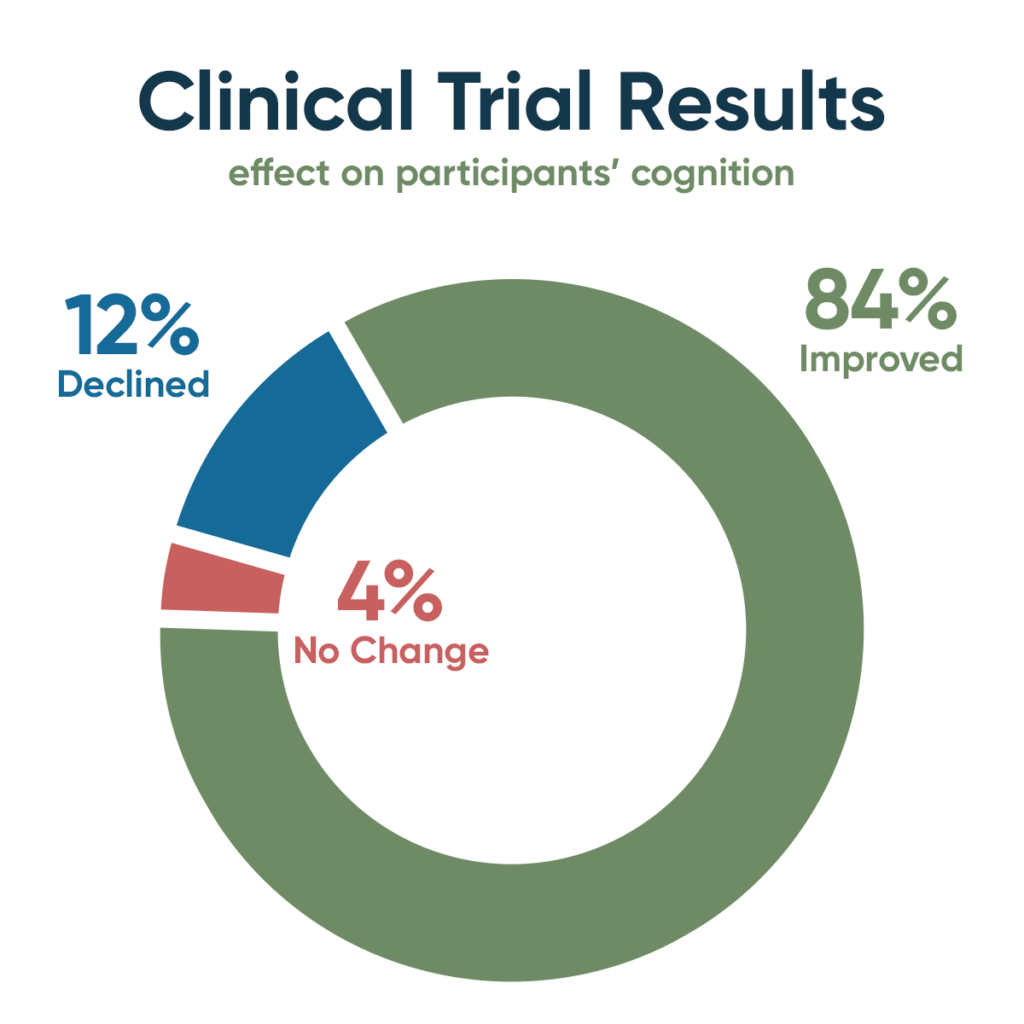Get ReCODE 2.0 Certified
Fight Cognitive Decline. Expand Your Practice. Transform Lives.
Select CertificationDiscover the Impact of ReCODE Training Watch Now
Join us in Reducing the Global Burden of Dementia
Apollo Health offers the only training program for the Bredesen Protocol®, a personalized program to prevent and reverse cognitive decline associated with subjective cognitive impairment (SCI), mild cognitive impairment (MCI), and early Alzheimer’s disease.
Taking Apollo Health’s ReCODE 2.0 training will provide you with the tools needed to manage care, identify the specific drivers of cognitive decline, and develop a treatment plan using the Bredesen Protocol with the PreCODE and ReCODE Reports.
Bredesen protocol practitioners are in high demand, and the specialized knowledge and expertise provided by Apollo Health will position you perfectly to ascend as a leader in the field of treating, preventing, and reversing cognitive decline.
How To Get Started
1. Register Now
Become part of an elite community of brain health practitioners and coaches.
2. Get Certified
36 hours of online, self-paced, ReCODE training.
3. Transform Lives
Start working with ReCODE participants and lead the future of brain health!
| ReCODE 2.0 Modules | Instructor | Availability |
|---|---|---|
| Module 1 – Introduction | ||
| Dr. Dale Bredesen | ✔ |
| Dr. Dale Bredesen | ✔ |
| Module 2 – Background and Science | ||
| Dr. Dale Bredesen | ✔ |
| Dr. Dale Bredesen | ✔ |
| Dr. Dale Bredesen | ✔ |
| Dr. Dale Bredesen | ✔ |
| Dr. Dale Bredesen | ✔ |
| Dr. Dale Bredesen | ✔ |
| Dr. Dale Bredesen | ✔ |
| Dr. Dale Bredesen | ✔ |
| Dr. Dale Bredesen | ✔ |
| Dr. Dale Bredesen | ✔ |
| Dr. Dale Bredesen | ✔ |
| Dr. Dale Bredesen | ✔ |
| Module 3 – What is a Cognoscopy? | ||
| Dr. Dale Bredesen | ✔ |
| Dr. Dale Bredesen | ✔ |
| Module 4 – The Subtypes of Alzheimer’s | ||
| Dr. Dale Bredesen | ✔ |
| Dr. Dale Bredesen | ✔ |
| Dr. Dale Bredesen | ✔ |
| Dr. Dale Bredesen | ✔ |
| Dr. Dale Bredesen | ✔ |
| Dr. Dale Bredesen | ✔ |
| Dr. Dale Bredesen | ✔ |
| Dr. Dale Bredesen | ✔ |
| Dr. Dale Bredesen | ✔ |
| Module 5 – Practicing ReCODE | ||
| Dr. Dale Bredesen | ✔ |
| Dr. Dale Bredesen | ✔ |
| Dr. Dale Bredesen | ✔ |
| Dr. Dale Bredesen | ✔ |
| Dr. Dale Bredesen | ✔ |
| Dr. Hans Frykman | ✔ |
| Dr. Ann Hathaway | ✔ |
| Dr. Chris Shade | ✔ |
| Dr. Michael Gelb | ✔ |
| Dr. Jack Kall | ✔ |
| Dr. Charles Whitney | ✔ |
| Dr. Rachaele Carver | ✔ |
| Dr. Sharon Hausman-Cohen | ✔ |
| Dr. Ann Hathaway | ✔ |
| Dr. Neil Nathan | ✔ |
| Brian Karr | ✔ |
| Dr. Cyrus Raji | ✔ |
| Dr. Heather Sandison | ✔ |
| Module 6 – The B7 and Components of Implementing the Protocol | ||
| Julie Gregory | ✔ |
| Julie Gregory | ✔ |
| Julie Gregory | ✔ |
| Julie Gregory | ✔ |
| Julie Gregory | ✔ |
| Julie Gregory | ✔ |
| Julie Gregory | ✔ |
| Julie Gregory | ✔ |
| Module 7 – Incorporating ReCODE in Your Practice | ||
| Dr. Ann Hathaway | ✔ |
| Apollo Health Team | ✔ |
| Chris Coward | ✔ |
| Module 8 – Establishing a Community | Chris Coward | ✔ |
| Module 9 – ReCODE 2.0 Summary | ||
| Dr. Dale Bredesen | ✔ |
| Module 10 – ReCODE 2.0 Final Quiz | ✔ |

“Being a ReCODE 2.0 provider has really helped my practice grow… it also offers a place to continue to learn and exchange ideas with practitioners… What we want to do is continue to improve what we provide so we can really make Alzheimer’s disease go away.”
– Dr. Daniel LaPerriere, M.D, Certified ReCODE 2.0 Practitioner, Colorado Concierge Functional Medicine
For the First Time, Improvement is Possible
After billions of dollars and hundreds of failed studies, there remains no viable path to preventing cognitive decline through pharmaceuticals. The great news is that you can maintain peak performance and even reverse cognitive decline by starting a program to enhance cognition as early as possible. The ReCODE Program specifically addresses emerging contributors to prevent further decline and to help you stay sharp for decades to come.
If you have any questions, schedule a call with Geralyn Beers, Director of Training, or email Geralyn at geralyn@ahnphealth.com.
Schedule a CallCommon Questions
Yes, at this moment, continuing education credits are available for coaches and dentists, with coaches able to receive 36 hours and dentists 18 hours.
The training is self-paced, with 36 hours of content. While we’ve had some individuals complete the training within a week. On average, it takes about a month.
You can review the curriculum and speaker list here.
Your account will become active after you complete training, upload your medical license, and take an onboarding call with the Apollo Health team. Once your account is active, you’ll be eligible to work with patients and receive referrals from Apollo Health.
In addition to gaining new knowledge and being able to help more patients, your practice will benefit from new patient referrals, and you will be able to create new billable services related to treating and preventing cognitive decline, such as comprehensive evaluations, ongoing follow-ups, and ancillary services such as health coaching and nutritional counseling.





